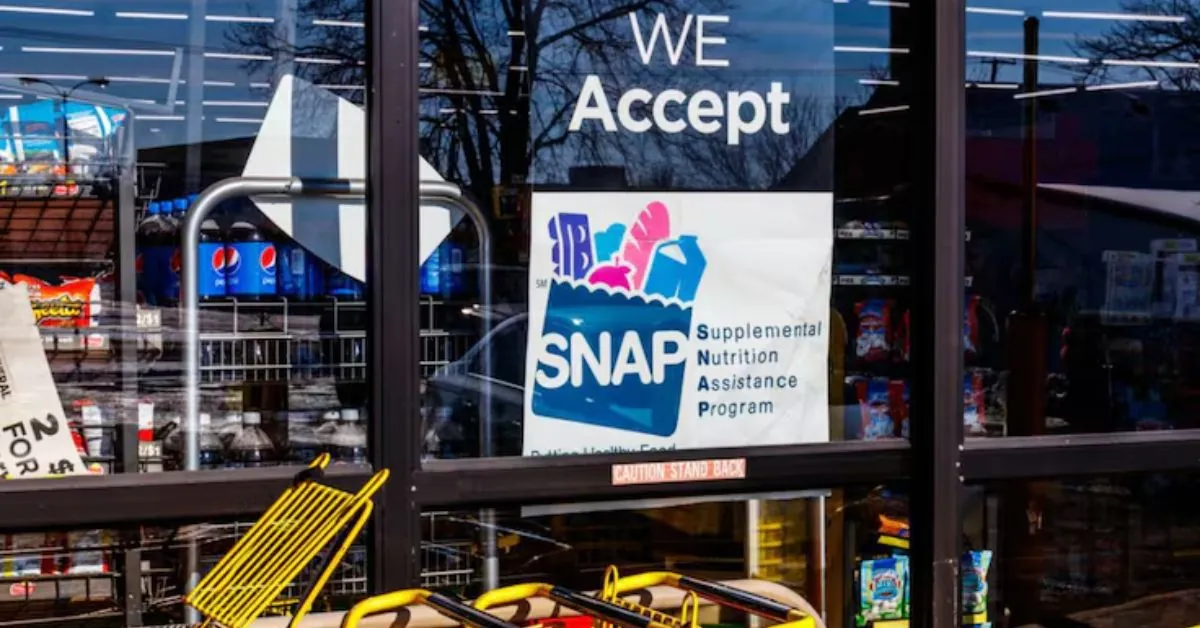The Supplemental Nutrition Assistance Program (SNAP) is a vital support system that helps millions of Americans access food, especially during times of financial hardship. Administered by the U.S. Department of Agriculture (USDA), SNAP provides benefits through an Electronic Benefits Transfer (EBT) card, which recipients can use to purchase food from participating stores and markets. While SNAP is a federal initiative, each state manages its own distribution of funds, meaning benefits, eligibility criteria, and distribution dates may vary.
New Mexico is set to implement significant changes to SNAP eligibility beginning in 2025, aimed at promoting work and self-sufficiency among certain beneficiaries. Here’s a detailed look at what the upcoming changes mean for residents of New Mexico.
New Work Requirements for Able-Bodied Adults Without Dependents (ABAWD)
This Article Includes
In an effort to reduce dependence on food assistance, New Mexico will introduce new work and training requirements for able-bodied adults without dependents (ABAWD). Starting in January 2025, these adults will need to meet one of the following criteria to continue receiving SNAP benefits:
- Work 80 hours per month, or
- Complete an Employment and Training (E&T) program for 80 hours per month.
The good news is that beneficiaries have the flexibility to combine work hours with E&T program participation. For instance, a person could work 40 hours a month and complete 40 hours of volunteering or training to meet the requirement.
This change will primarily impact ABAWDs living in New Mexico, particularly in counties like Bernalillo, Santa Fe, Eddy, and Los Alamos, as well as smaller regions such as San Ildefonso, Pojoaque, Santa Clara, and Laguna.
The Goal of the New Requirements
The new eligibility rules are designed to encourage self-sufficiency and reduce long-term reliance on food assistance by promoting employment and skills development. By requiring recipients to work or participate in job training programs, New Mexico hopes to help individuals and families transition to financial independence.
For those who meet the new criteria, the duration of their SNAP benefits could extend beyond the current three-month limit that typically applies to ABAWDs.
Exceptions to the New Rule
Not all SNAP recipients will be subject to the new work and training requirements. Certain individuals are exempt from these rules, including:
Not all SNAP recipients will be subject to the new work and training requirements. Certain individuals are exempt from these rules, including:
- Individuals with disabilities that prevent them from working,
- Seniors aged 60 and over,
- Pregnant women, and
- Caretakers of dependent children.
These exceptions aim to ensure that vulnerable populations are not unfairly impacted by the new requirements.
Notification Process for Affected Recipients
The New Mexico Health Care Authority will notify all recipients who may be affected by these changes. Notifications will begin arriving in mailboxes starting Tuesday, providing more information on how these new rules may impact their benefits.
How to Get More Information
For those seeking additional details about the new eligibility criteria or the Employment and Training (E&T) program, the New Mexico Health Care Authority provides resources. Individuals can visit the official E&T SNAP Program website or call the customer service center at 1-800-283-4465 for assistance Monday through Friday from 7:00 a.m. to 6:30 p.m.
Conclusion
The new work and training requirements set to take effect in New Mexico in 2025 are a significant change to the SNAP program. While designed to encourage employment and reduce long-term reliance on food assistance, they also come with certain exemptions for vulnerable groups. As these changes approach, it’s essential for New Mexico residents to stay informed and understand how they might be affected. For those who may be impacted, it’s important to take the necessary steps to meet the new requirements to continue receiving SNAP benefits.







Leave a Reply